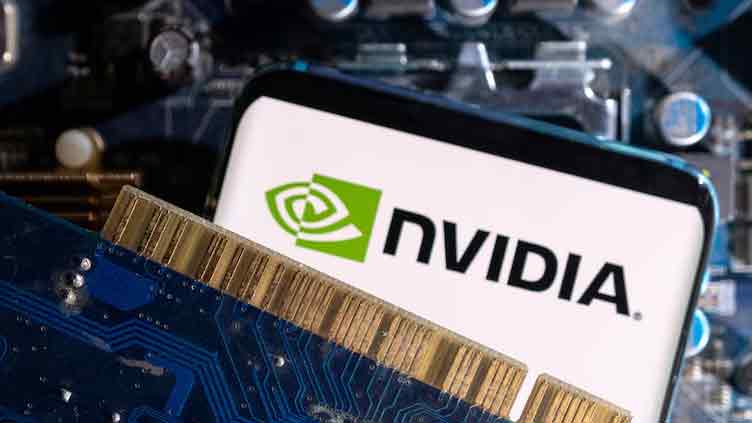The United States is nearing approval for the United Arab Emirates to import millions of Nvidia’s artificial intelligence chips.

The United States has reached a preliminary accord with the United Arab Emirates to permit the importation of 500,000 of Nvidia’s most advanced AI chips annually, commencing in 2025, according to two sources familiar with the matter, thereby enhancing the Emirates’ establishment of data centers essential for the development of artificial intelligence models.
Anonymous sources indicated that the arrangement is established at least until 2027, with the possibility of extending to 2030.
The proposed agreement said that 20% of the chips, equating to 100,000 annually, would be allocated to the UAE technology firm G42, while the remainder would be distributed among U.S. corporations with substantial AI operations, such as Microsoft (MSFT.O) and Oracle (ORCL.N), which may also want to establish data centers in the UAE, according to sources.
The agreement remains under negotiation and may be altered prior to finalization. A source indicated that the agreement, aspects of which were initially disclosed by the New York Times, encountered increasing resistance within the U.S. government in the past 24 hours.
The Biden administration imposed limitations on AI chip exports to regulate the global distribution of advanced processors, partly to prevent these valuable chips from being redirected to China, where they could enhance Beijing’s military capabilities.
This week, U.S. President Donald Trump is touring the Gulf area and announced $600 billion in pledges from Saudi Arabia on Tuesday, including agreements to purchase substantial quantities of chips from Nvidia, Advanced Micro Devices (AMD), and Qualcomm. Trump has prioritized enhancing relations with several Gulf nations as a primary objective of his administration.
The chips under the UAE agreement allocated to G42 would signify a threefold or fourfold increase in computational capacity compared to what the UAE would have received under regulations established by the administration of former President Joe Biden. Last week, the Trump administration announced its intention to revoke the regulation.
The predominant share of AI computer power is being utilized in the United States and China. If all the anticipated agreements in the Gulf states, particularly the UAE, materialize, the area will emerge as a third power center in the global AI rivalry.
The U.S. Commerce Department, responsible for export regulations, did not provide a comment. The White House, G42, and the United Arab Emirates did not provide an instant response. Nvidia refrained from providing a statement.
The Abu Dhabi sovereign wealth fund Mubadala, the ruling family of the UAE, and the U.S. private equity firm Silver Lake possess shares in G42. The chairman of the tech holding firm, Sheikh Tahnoon bin Zayed Al Nahyan, serves as the UAE national security adviser and is the sibling of the president of the Emirates.
The initial agreement also seeks to advance data centers in the United States. According to sources, G42 is required to construct a corresponding facility in the U.S. for each facility it establishes in the UAE.
A source indicated that the definition of an advanced AI chip will be determined by a separate working group to be established subsequently, along with security standards.
According to one source, the suggested quantities of chips pertain to the most sophisticated graphics processing units. Currently, this may pertain to Nvidia Blackwell chips, which surpass the previous generation of Hopper chips in performance, or Nvidia’s upcoming Rubin chips, which exceed the capabilities of both their predecessors.